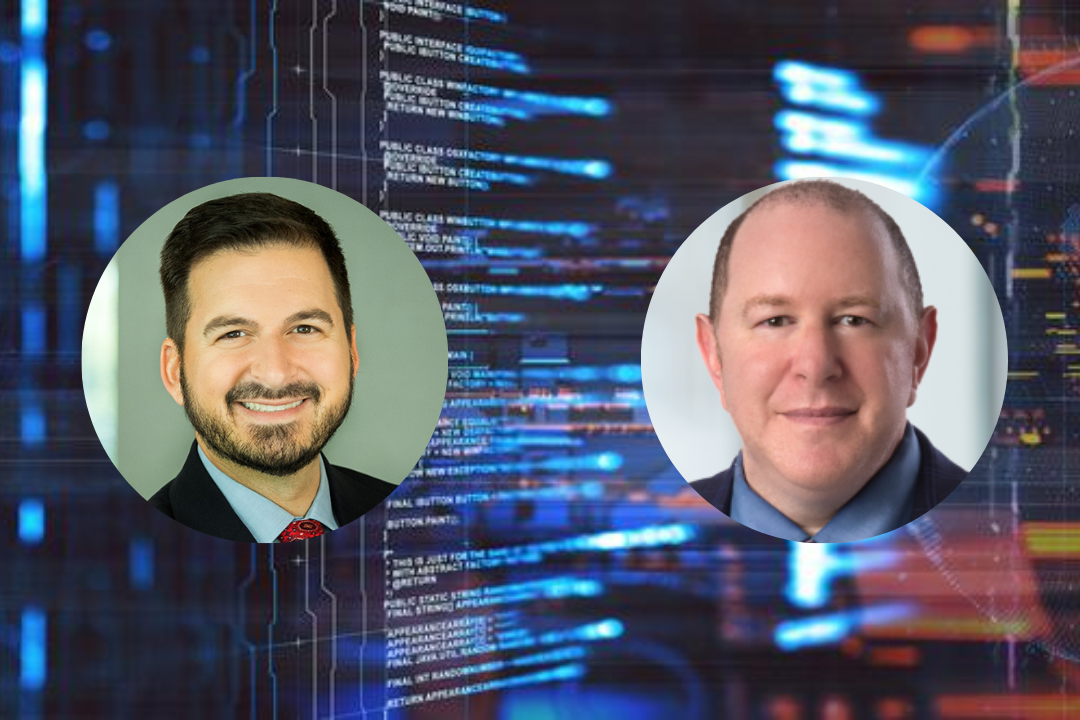GW Law Professor Daniel Solove and Boston University Law Professor Woodrow Hartzog, LLM '04, recently co-authored a piece for Scientific American Data Vu: Why Breaches Involve the Same Stories Again and Again.
This is the latest piece in their collaboration, based on their jointly-authored book with Oxford University Press that was published earlier this year: Breached! Why Data Security Law Fails and How to Improve it. Professor Hartzog was a student in Professor Solove’s information privacy law class.
1. What was it like working with Professor Solove on writing this article?
It has been a joy to work with Dan, who introduced me to the field of privacy law when I was an LLM student at GW in 2004. He has been an incredible mentor, colleague, and friend. Dan sees the whole field of privacy and brings incredible wisdom and conceptual clarity to every project he works on. I was honored to be able to reflect on Dan’s remarkable impact on the field of privacy in an essay published last year by the University of Chicago Law Review.
2. How have you managed to keep in touch - how did this relationship begin and what made you want to co-author this piece?
Dan and I stayed connected after I left GW because I kept writing privacy scholarship and Dan was extremely generous with his time and feedback. He encouraged me to be a law professor writing about privacy. We kept in touch as I got my Ph.D. and once I became a professor we started writing articles together. The Scientific American piece and the book that it is based on (Breached! How Data Security Law Fails and How to Improve It) is an extension of our work on the law of data security. We have been writing about data breaches for almost a decade, and although lawmakers were increasingly active in this space, the problem kept getting worse. We wanted to explore the role the law plays in failing to ensure our personal information is safe. As we describe, lawmakers could be doing much more to protect our data.
3. How was your time as an LLM at GW? How has it prepared you for a teaching role at BU?
My time as an LLM student at GW was incredibly formative. Not only was I able to gain a sophisticated understanding of law and technology topics like privacy, intellectual property, and media law, but I also received incredible mentorship from world-class scholars like Daniel Solove, Dawn Nunziatio, and Robert Brauneis. The professors at GW were remarkably supportive while I was a student and after I graduated. I was also able to take advantage of the incredible opportunities that Washington D.C. provides to students. For example, while at GW I served as a clerk for the Electronic Privacy Information Center (EPIC). As a professor at Boston University School of Law teaching privacy law, I use what I learned during my time at GW every day.


